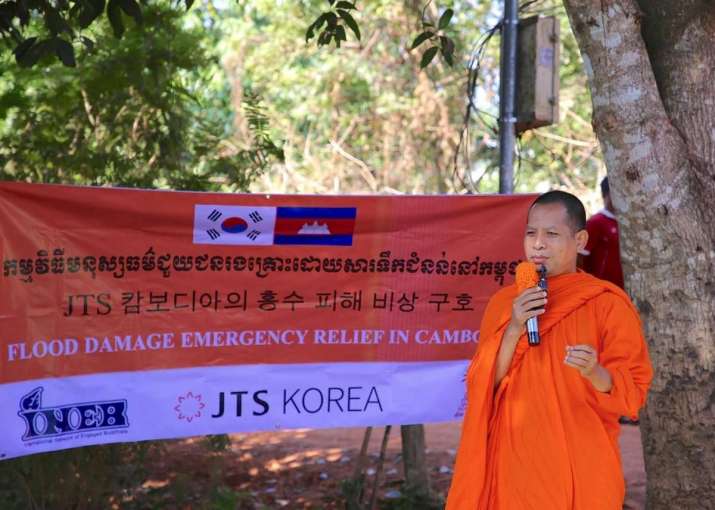
Image courtesy of SBUBB
The Buddhist humanitarian relief organization Join Together Society Korea (JTS Korea), founded by the renowned Korean Seon (Zen) monk Venerable Pomnyun Sunim, working in cooperation with the Preah Sihanouk Raja Buddhist University, Battambang Branch (SBUBB), has reported the successful distribution of emergency relief supplies in Cambodia’s Battambang Province in the wake of last year’s devastating floods.
In late 2020, the worst flooding in a decade inundated large areas of Cambodia, already reeling from the economic impact of the COVID-19 pandemic. Between October and November, Cambodia was hit by 13 consecutive tropical storms, leading to widespread flash floods that deluged communities, causing landslides, unearthing mines and other unexploded war ordnance, and damaging or destroying farmland and infrastructure.
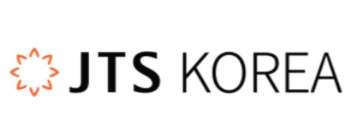
On 10–13 October, Tropical Storm Linfa brought as much as 2,286 millimeters of rain in some areas. This was followed by Tropical Storm Nangka on 14–16 October, which added an additional 350–400 millimeters, before the arrival of Tropical Depression Ofel and Typhoon Saudel. Typhoon Molave arrived on 27 October, with winds peaking at 176 kilometers per hour and rainfall totaling 470 millimeters in some areas. Tropical Storm Goni landed on 5 November and Tropical Storm Etau on 7 November. On 15 November, Typhoon Vamco made landfall.
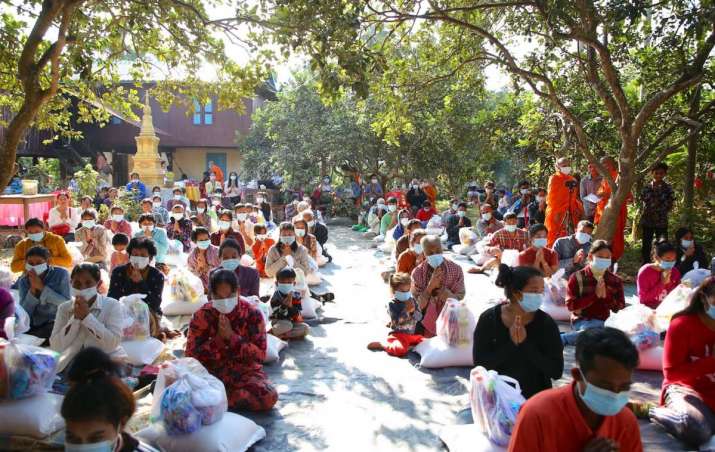
In total, some 800,000 people in 19 provinces were affected by the flooding, with about 388,000 requiring direct assistance. At least 44 people died. An estimated 14,300 households were displaced to temporary shelters, while 161,552 homes were damaged or destroyed. More than 120,000 hectares of farmland, including almost 80,000 hectares of rice fields, were flooded. Numerous roads and bridges destroyed or weakened, and 22 health centers and 686 schools were also affected.
The Southeast Asian nation’s Buddhist community has been at the forefront of efforts to reach out to vulnerable communities to offer relief aid and comfort to those most affected. Buddhist monk and scholar Venerable Vy Sovechea, president of the SBUBB and a member of the International Network of Engaged Buddhists (INEB), is one of the country’s leading socially engaged Buddhists and has been leading relief work in Cambodia at the grassroots level.
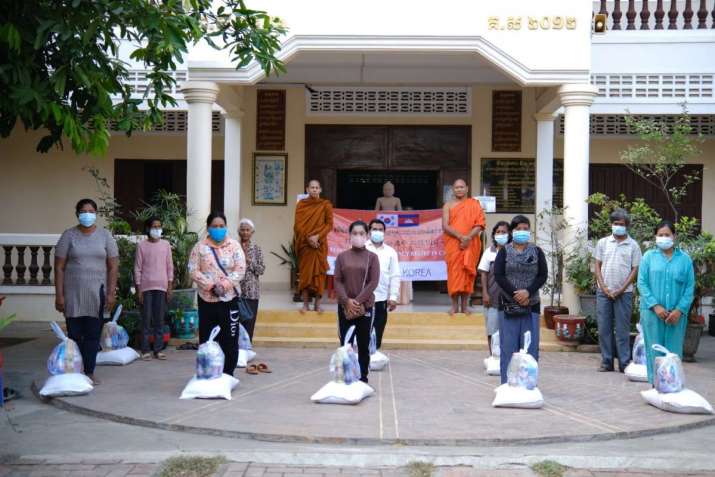
“Having seen the extent of the suffering, the management team of the SBUBB appealed to local and international donors, who were able to share their kindness and compassion through humanitarian activities such as fundraising and other social activities,” Ven. Vy Sovechea explained. “Even though Preah Sihanouk Raja Buddhist University is a Buddhist entity, we have never discriminated based on race, skin color, religion, or socio-cultural trends and biases. The SBUBB cooperates with other interfaith leaders within the Catholic community, the Muslim community, and so on, working together for social welfare and security, including on charitable activities, education, peace-building, environmental sustainability, and climate change.”
The devastation from the floods came as the country struggled to cope with the fallout from months of lockdown and restrictions in response to the COVID-19 pandemic. Although the official number of confirmed infections recorded in this nation of some 15 million people has so far been minimal, the impact on the country’s fragile economy has been deep and far-reaching, affecting many vulnerable communities.
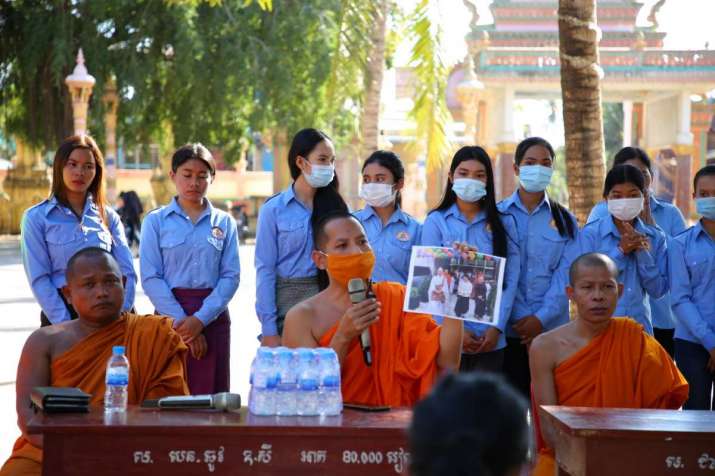
Battambang, in Cambodia’s northwest, is the country’s largest rice-producing area, with a population of almost one million people, mostly farmers, and was among the worst-hit provinces in the country. Ven. Vy Sovechea reported that 550 households, comprising 2,750 people and spread across six districts in the province, had benefitted directly from the relief supplies.
“After receiving emergency support, the people who benefited directly feel relief both in terms of their physical and mental health: our Buddhist staff and volunteers not only offered food but also provided the Buddha’s teaching for people who have been suffering, and addressed self-protection from COVID-19,” said Ven. Vy Sovechea of the SBUBB’s work since the floods. “One of the problems we faced was distributing food and commodities during the pandemic, so we had to be very careful. We were often not allowed to have large gatherings, so we had to go from door to door or take the supplies to schools, which was very time consuming.”
Relief supplies, including food staples such as rice, cooking oil, and canned fish, and personal hygiene items, including surgical masks and alcohol-based cleansers, totaling almost US$10,000 in value, were funded by JTS Korea and distributed by the SBUBB between 1 November and 31 December.
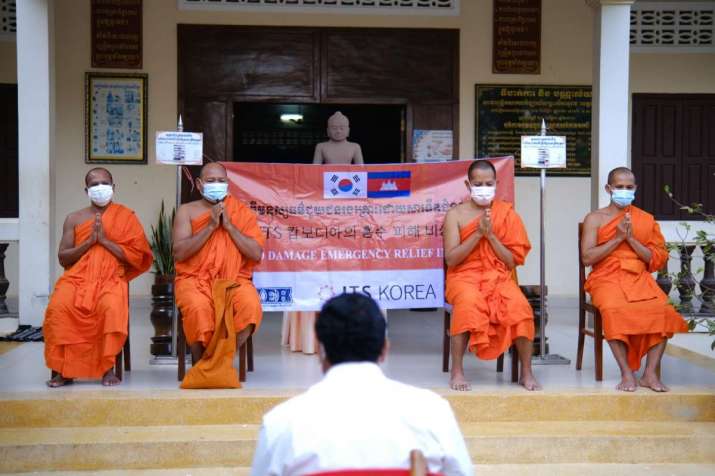
The emergency relief project in Battambang is just the latest example of socially engaged Buddhist humanitarian relief work and outreach in recent months by JTS Korea, which has been extended to vulnerable communities that have been hardest hit by the pandemic and other crises in Bangladesh, India, Myanmar, and elsewhere.
Founded as an expression of the compassion of engaged Buddhism and the belief that helping others is the best way to enrich one’s own life, JTS Korea is an international aid organization established by Ven. Pomnyun Sunim in 1993. Headquartered in Seoul, JTS operates program offices in South Korea, Germany, and the United States, along with field offices in India and the Philippines, working to eradicate poverty and hunger through humanitarian relief and sustainable development. The organization has also earned Special Consultative Status to the United Nations Economic and Social Council (ECOSOC). JTS Korea is run and manned by unpaid volunteers, which ensures that all donations go toward benefiting marginalized communities.
A widely respected author, Dharma teacher, and social activist, Ven. Pomnyun Sunim has founded numerous organizations, initiatives, and projects that are active across the world. Ven. Pomnyun Sunim also works closely with the Thailand-based International Network of Engaged Buddhists (INEB). In May last year, JTS Korea donated US$50,000 to INEB’s Mindful Action: COVID-19 Emergency Relief Fund.**
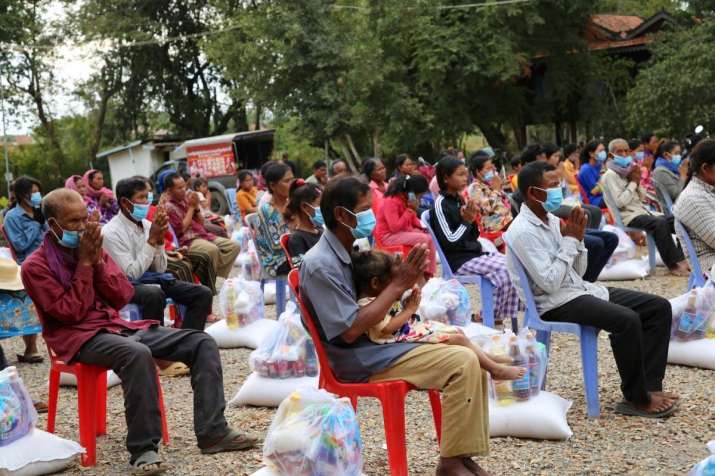
“We had enough staff and volunteers to work on these tasks, interacting and cooperating with local authorities and other stakeholders to make the project successfully and fruitful,” the monk added. “Moreover, we also sent our staff out to find real information and those people who were really affected and in genuine need. We contributed by going from house to house or meeting in one place, based on geography and need.”
Buddhism is the official religion of Cambodia, with 97.9 per cent of the population of 15.6 million following the Theravada tradition, according to data for 2013 from The World Fact Book. Islam (0.5 per cent), tribal animism (0.6 per cent), and Christianity (0.5 per cent) represent the bulk of the remainder. According to Cambodia’s Ministry of Cults and Religious Affairs, there are 59,516 Buddhist monks and 4,755 monasteries in Cambodia.
* Buddhist Monks, Volunteers Offer Relief Amid Floods, Pandemic Risk in Cambodia (Buddhistdoor Global)
** International Network of Engaged Buddhists Launches COVID-19 Emergency Relief Fund (Buddhistdoor Global)
See more
JTS Korea
Preah Sihanouk Raja Buddhist University, Battambang Branch
Vy Sovechea (Facebook)
International Network of Engaged Buddhists (INEB)














